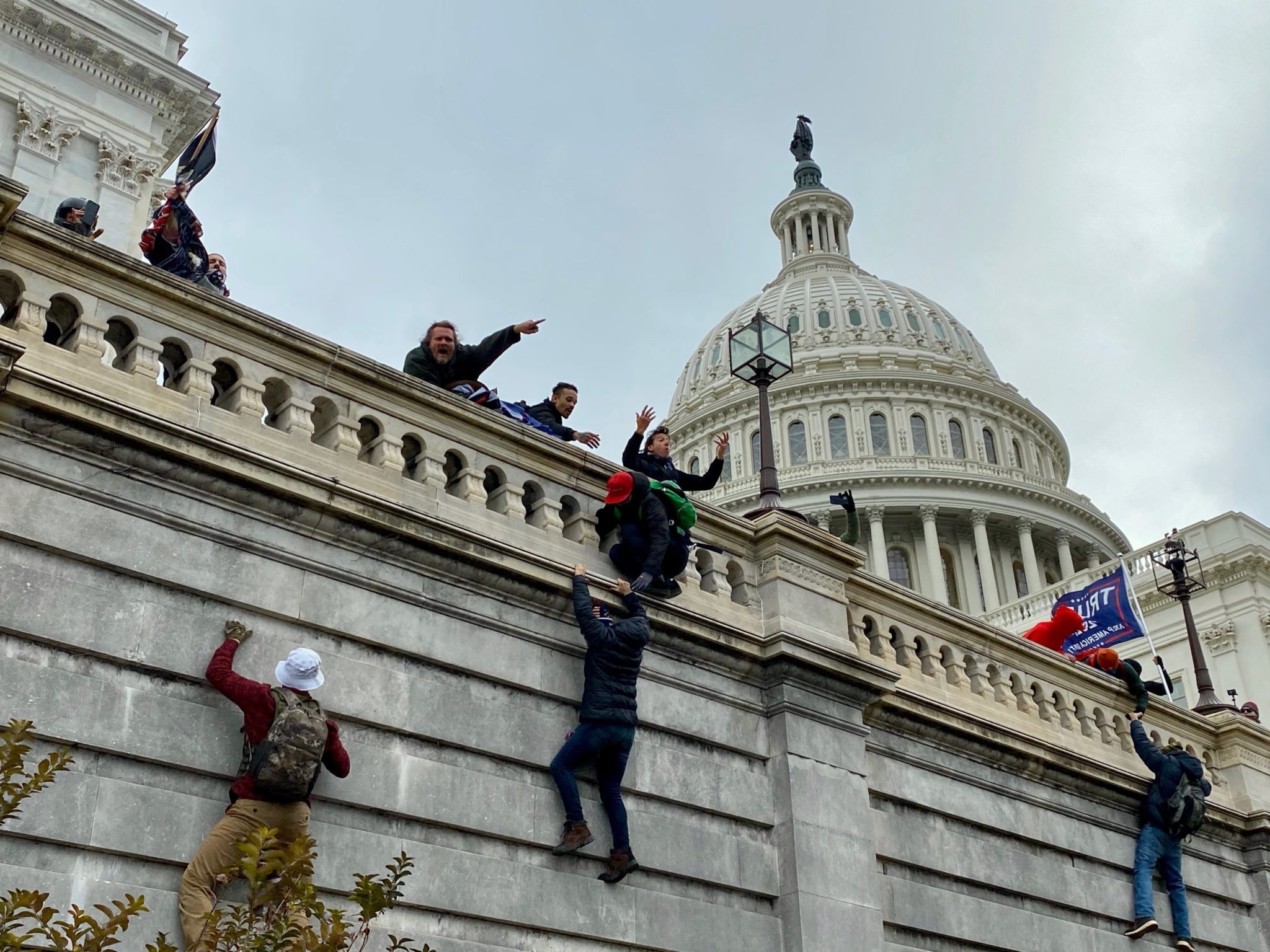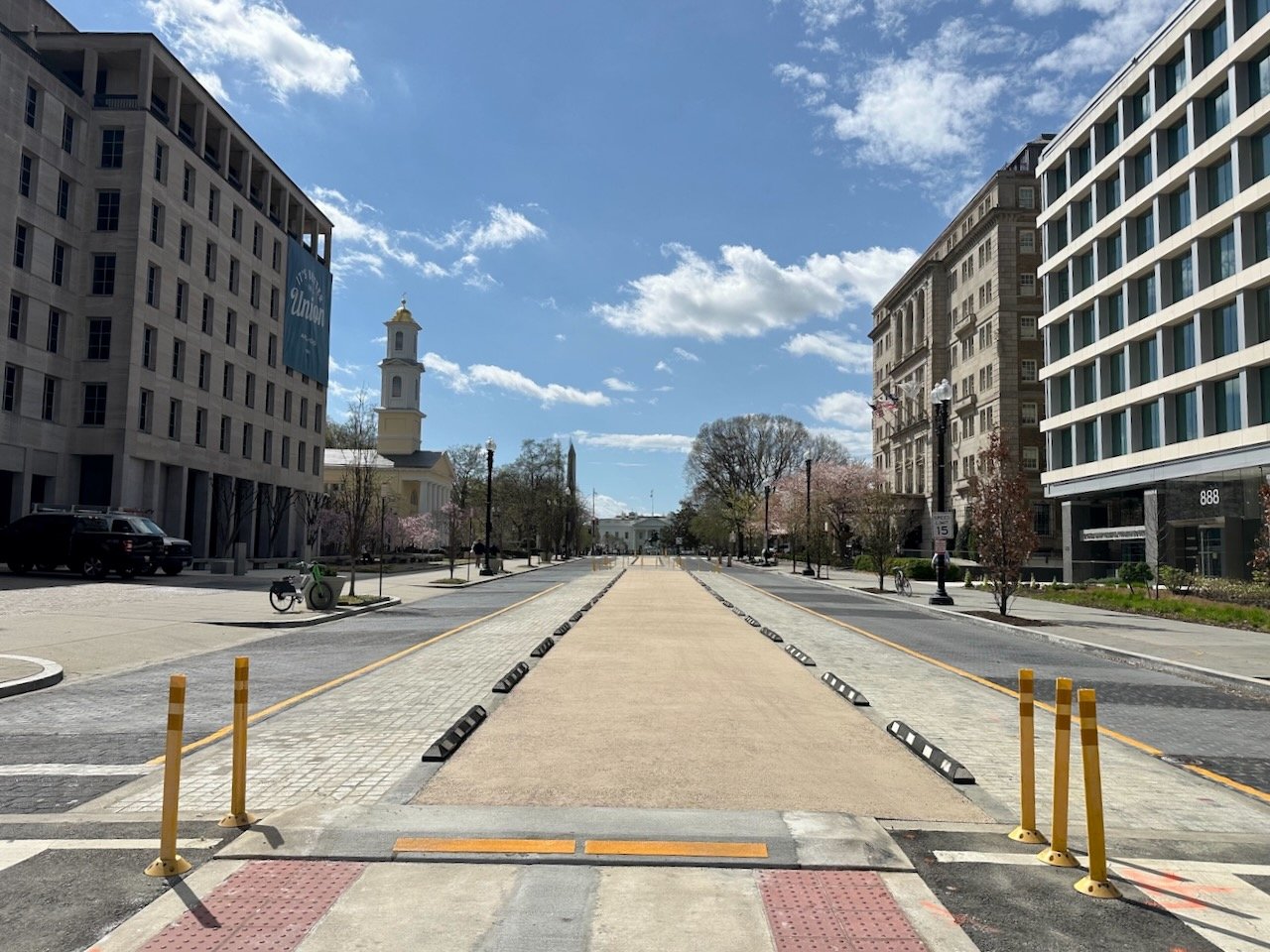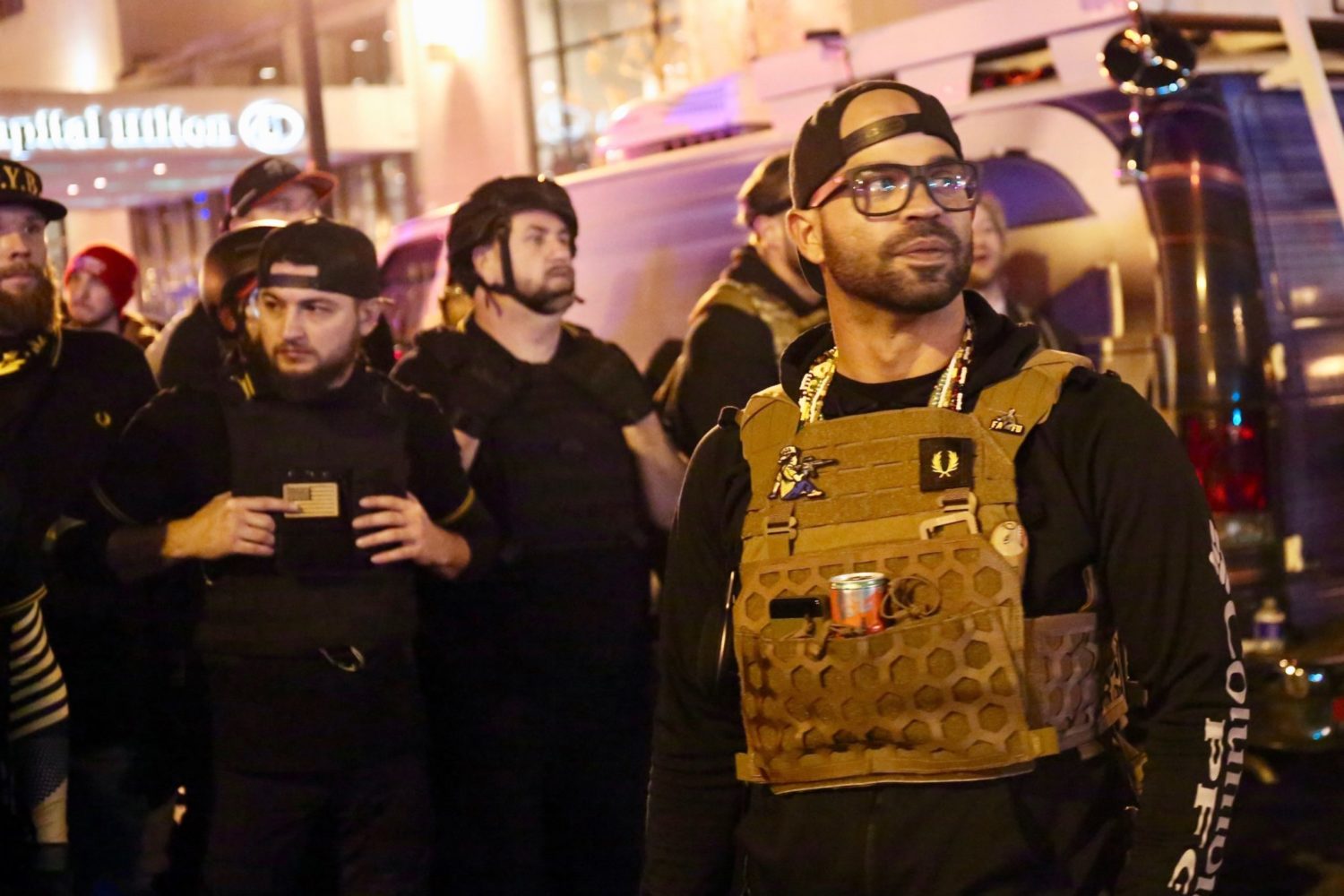The lawsuit, filed with Mississippi Rep. Bennie Thompson, accuses Trump and Giuliani, as well as members of the Proud Boys and the Oath Keepers, of conspiring “to incite an assembled crowd to march upon and enter the Capitol of the United States for the common purpose of disrupting, by the use of force, intimidation and threat, the approval by Congress of the count of votes cast by members of the Electoral College as required by Article II, Section 1 of the United States Constitution. In doing so, the Defendants each intended to prevent, and ultimately delayed, members of Congress from discharging their duty commanded by the United States Constitution to approve the results of the Electoral College in order to elect the next President and Vice President of the United States.”
The suit says the insurrection was a conspiracy to keep Congress from certifying the 2020 election results—and thus a violation of the reconstruction-era Ku Klux Klan act, designed to protect Black citizens against white supremacist violence in the post-Civil War South. The DC civil rights law firm Cohen Millstein Sellers & Toll jointly filed the suit with the NAACP and Thompson.
In a statement to The New York Times, Trump advisor Jason Miller denied the allegation. “President Trump did not plan, produce or organize the Jan. 6 rally on the Ellipse,” he said. “President Trump did not incite or conspire to incite any violence at the Capitol on Jan. 6.”
As The Times notes, the NAACP lawsuit is one of a number of legal headaches that will face Trump in his post-White House years. Prosecutors in New York are looking into his financial transactions, and a prosecutor in Georgia is probing potential election related improprieties in the state.
Read the full lawsuit here.


![Luke 008[2]-1 - Washingtonian](https://www.washingtonian.com/wp-content/uploads/2017/10/Luke-0082-1-e1509126354184.jpg)
















